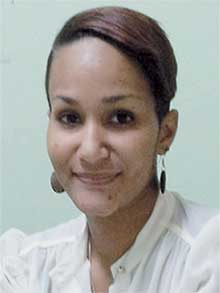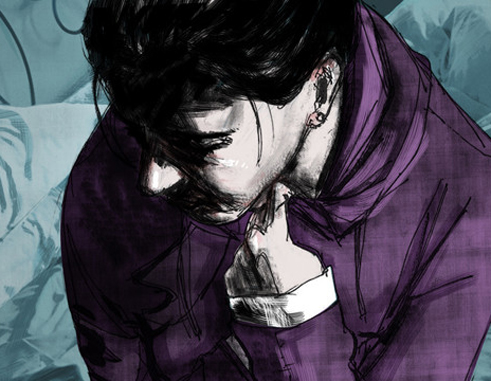
SO many survivors want to begin their healing journey. So many know they need to begin to address what was done to them so they can begin to take back their lives. That first step is often a daunting one. It means that you have to accept that at some point you were a victim of sexual violence. Accepting this doesn’t mean that you condone what was done to you, nor does it mean that you have to forgive your perpetrator. What it means is that you acknowledge that an act of sexual violence was perpetrated against you, you acknowledge that this is a horrible part of your life but you also recognize that this does not define the path that your life will or has to take. Many survivors of sexual violence don’t believe that are worth very much, they don’t believe they deserve to be happy or successful which is part of the struggle to begin healing. A large part of beginning your healing journey is (1) convincing yourself that you are not to blame, (2) recognizing that there is hope and that you are worthy of a happier life and (3) acknowledging that what you are about to undertake isn’t easy but that it is definitely possible and necessary. Making the first step is very hard, but sticking with the healing journey is even harder.
The healing journey is never easy, it doesn’t happen overnight. It pulls backs the scabs that have formed on your scars, at times, ripping them off. You are exposed and you begin to feel so much of what you so skillfully buried. Once the decision to begin the healing journey is made, the initial feeling is one of doubt; can I do this, should I do this, is there any point to doing this? Why should I do this, what good would this do me? Some are able to work past this their first time around, others need more time. If you’ve made it past the initial stage, you may then begin to get scared because of what you are uncovering and what resurfaces and your instinct may be to run, to stop. Many survivors go back and forth in sticking with the decision to begin & continue the healing journey. It is understandable that you are scared and may choose to stop at times. You are uncovering and addressing more than your sexual violence; you are addressing the impact it had/has on you, on your relationships with family and friends, on how it has shaped how you view the world and people in it. I think as survivors we are our own worst enemy because we don’t see our strengths, we don’t see our bravery, and because of our desire to have gotten further in our healing journey, we diminish the progress we have made. What you have gone through is terrible, the scars that were left are a constant reminder, but the fact that you have and continue to get up and got through everyday living and helping others shows that you have not been broken beyond repair. You may still be in victim mode, you may see yourself as a survivor, you may see yourself as a thriver. You decide where you are in your healing journey, you decide what term is used to describe you, you decide, you are in charge. This process is difficult, it is scary, it is painful, take your time, go at your pace, know that you are doing your best.
PROSAF would like to serve as the safe place that you can come to seek support and validation through your healing process. We understand that this is a big step that not everyone is ready to make yet, we completely understand. Don’t be hard on yourself, when you are ready, we will be here. For those of you who are ready, please feel free to call, text or email us if you need to vent, speak or ask questions. We are always here to listen and support you. Feel free to contact us via the information below. Remember you are not alone. You are strong and brave. You will get through your healing process but it takes time and patience. We are here to help and listen. We are available for individual counseling.
April is Sexual Assault Awareness Month. We ask that you join us in doing more to address the issue of sexual violence in St. Lucia. We ask that you demand that our government, our agencies, Police, Hospitals, Doctors, Nurses, Lawyers, Teachers, Counsellors become better trained, offer more services, share more information, create an atmosphere that says that sexual violence will not be tolerated. We, live in St. Lucia, we suffer when sexual violence is rampant and ignored. Our children, our people suffer when nothing is done to address the issue, to create a safe space, to enforce the laws, to give support. As an advocate, as a survivor, we lack sensitivity, we lack knowledge about what survivors endure, about their pain, about their daily struggles. We force them to get over it, to move on, to forgive. During the month of April, take the opportunity to educate yourself on what a survivor truly goes through both during and after.





![Simón Bolívar - Liberator of the Americas [Photo credit: Venezuelan Embassy]](https://thevoiceslu.com/wp-content/uploads/2025/12/Simon-Bolivar-feat-2-380x250.jpg)



